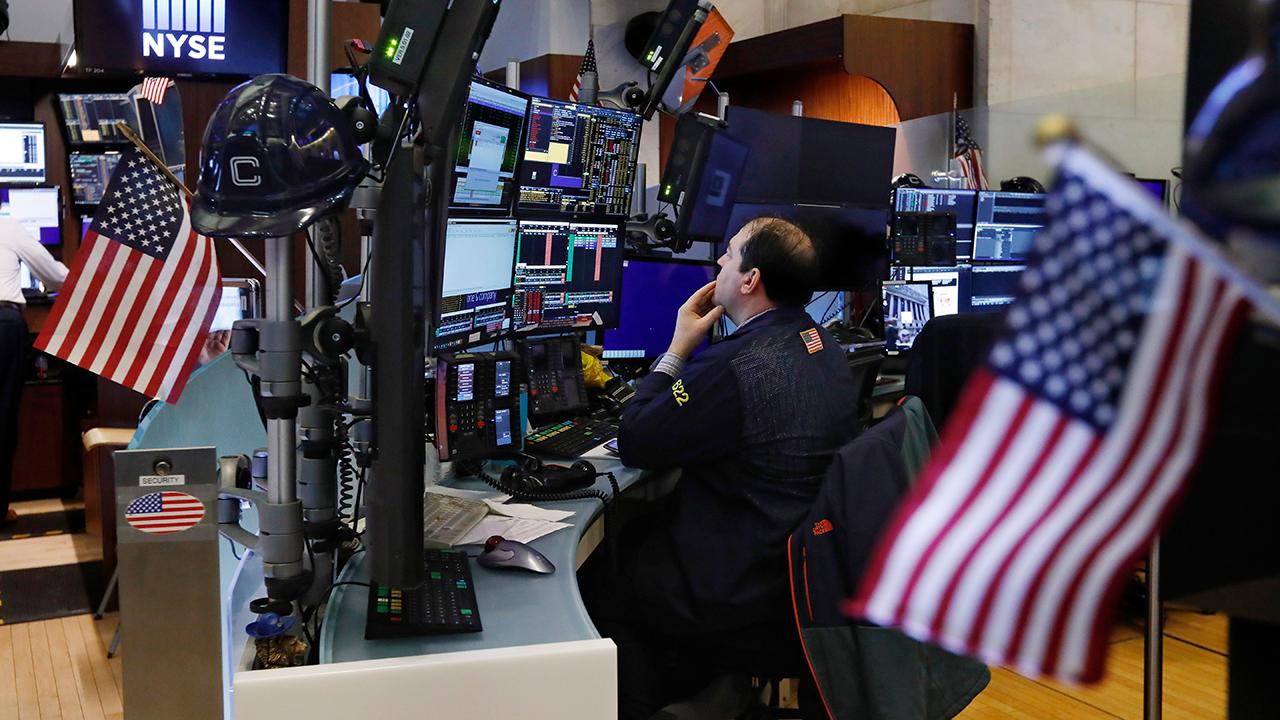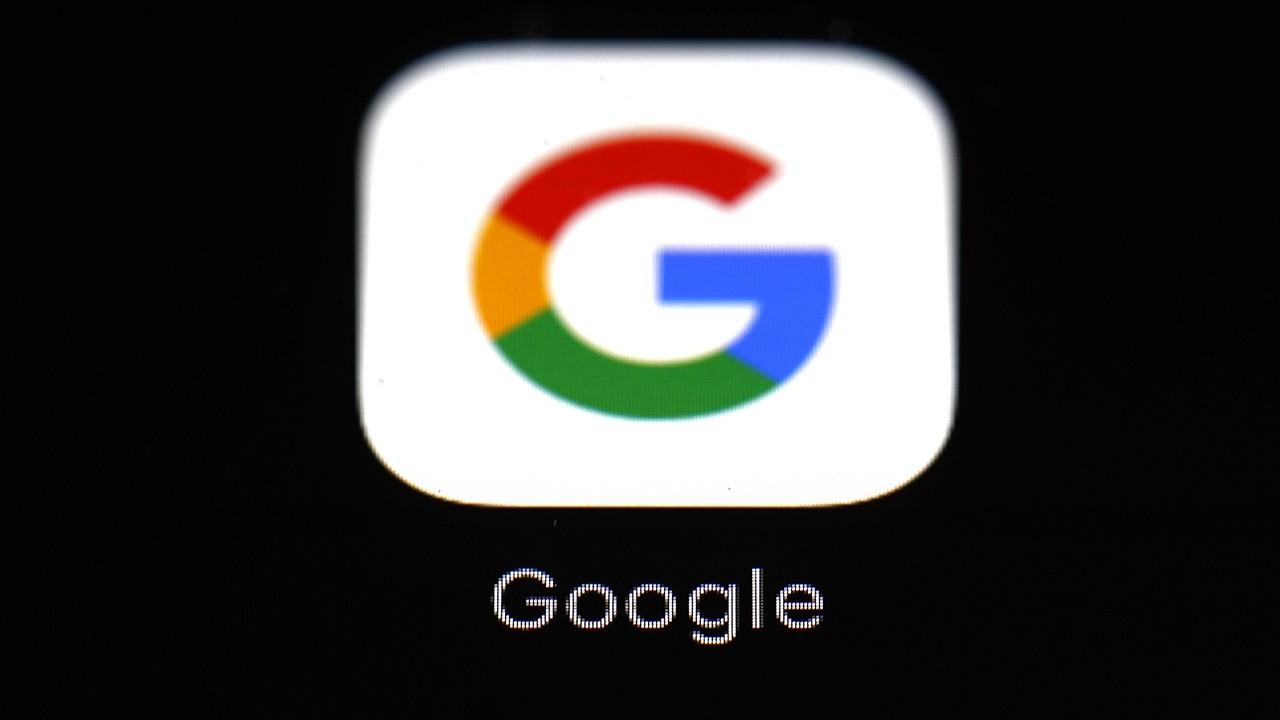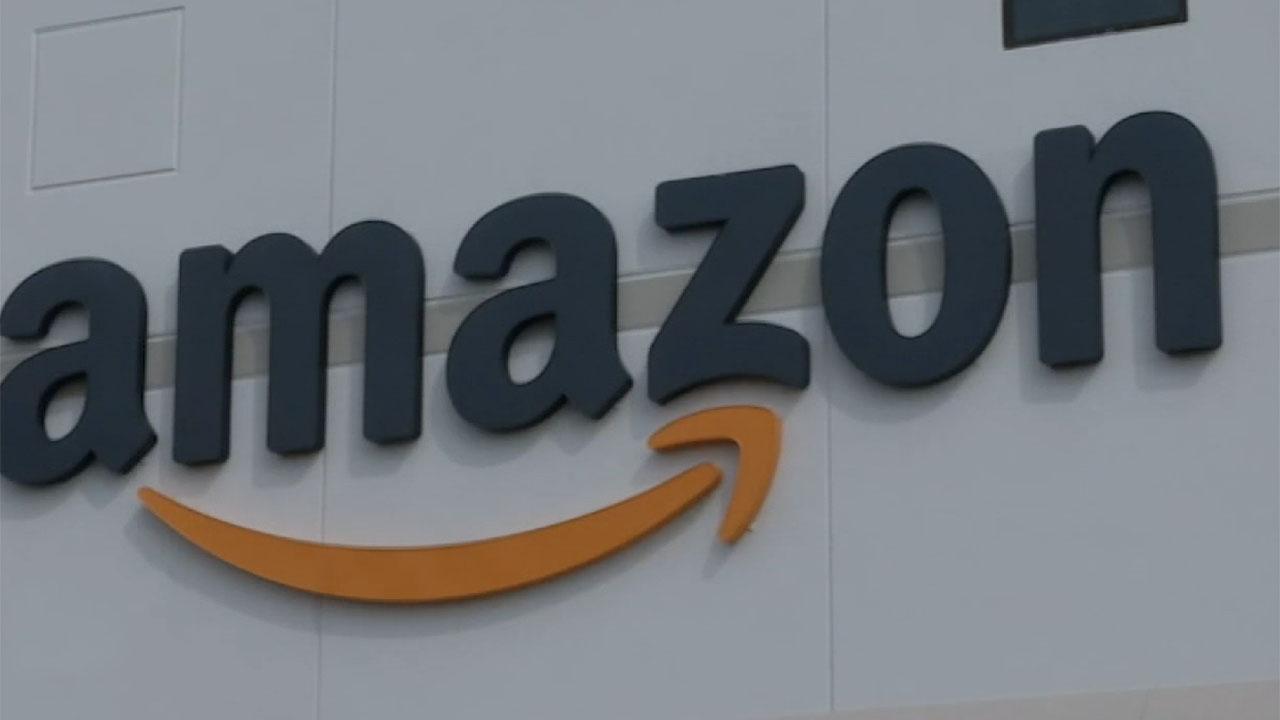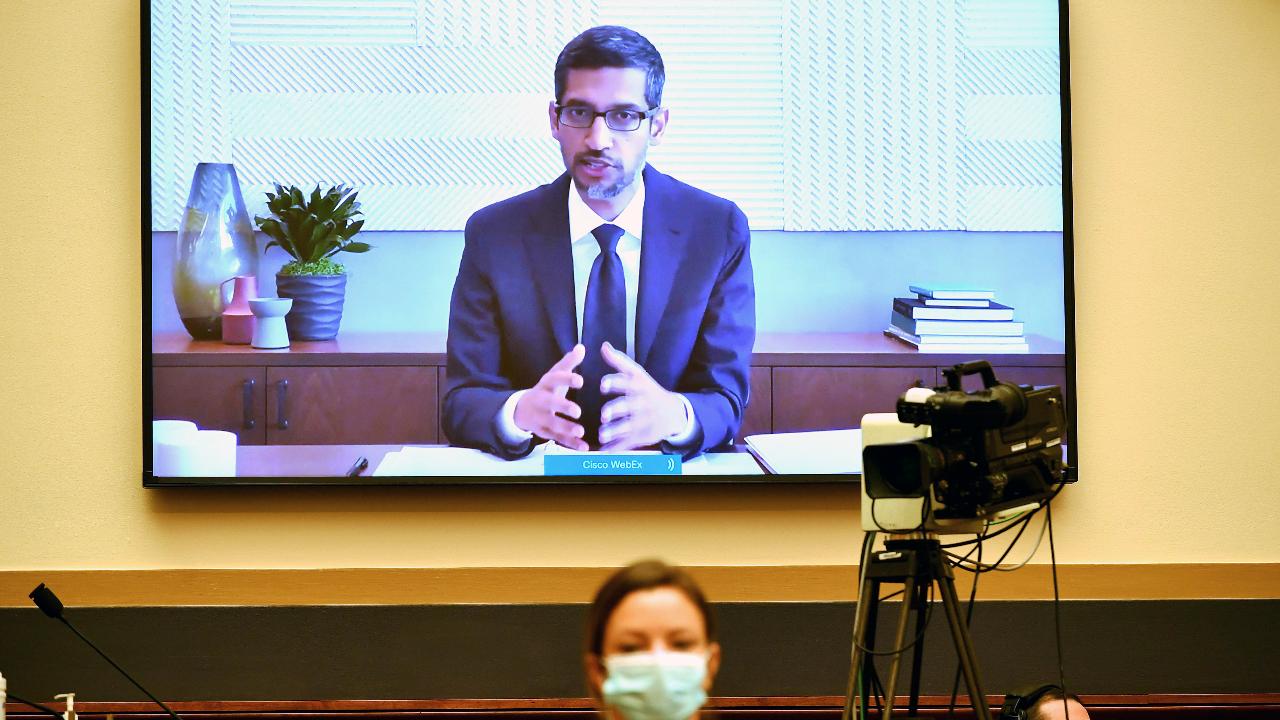Big Tech's battle for billions leaves lots of collateral damage
Agreement on the need to regulate Big Tech may be one of the few bipartisan bright spots in the 116th Congress
Our nation marked the nineteenth anniversary of September 11 this month. Who can forget that we live in a world where security reigns supreme.
Most Americans accept the government's right and responsibility to thwart terrorist threats through advanced surveillance, artificial intelligence, a database of suspicious citizens, and somewhat controversial facial recognition technology. And as a society, we have acquiesced to government collection of private information, provided there are reasonable constitutional restraints.
Not too long ago, many Americans had a legitimate fear of government eavesdropping on their private lives.
For post-war generations, the specter of "Big Brother" was more than a far-fetched, fringe conspiracy theory. It was manifested in the counterintelligence program (COINTELPRO), the Foreign Intelligence Surveillance Act (FISA), and interstitial federal statutes permitting the secret collection of information on citizens.
TRUMP TO REVIEW ORACLE-TIKTOK DEAL THURSDAY, REITERATES SECURITY IS PARAMOUNT
Through them, we learned of the government's adroit ability to peek into our private lives but accepted it as the obligatory price of an open society.
The 1998 movie, “Enemy of the State” starring Will Smith, taught a new generation that the federal government has the authority and technological arsenal to watch us anytime, anywhere. It was the same menacing portrait of "Big Brother" that George Orwell painted 50 years earlier in his novel, “1984.”
AMAZON COMING TO A SUBURB NEAR YOU: REPORT
But times have changed, and today, few of us think about government intrusion or national security when the debate turns to privacy.
As a society, we are less concerned now with the state as Big Brother and more troubled by the systematic collection and use of private information by Big Tech and big data firms.
In fact, it is Big Tech’s immense power that has American policymakers struggling to find rules that balance the consumer's right to privacy against a company’s right to engage in commercial sales and marketing.
Complicating this equation are the opaque techniques and technology employed to collect our data. These sophisticated analytic tools allow companies such as Google, Amazon, and Facebook to capture, collect, cross-reference and collateralize our personal information for their own competitive purposes, mostly without our knowledge. Their proprietary algorithms and black-box formulas appear impervious to access or regulation.
GET FOX BUSINESS ON THE GO BY CLICKING HERE
As you read this, the Department of Justice, plus a bipartisan coalition of 48 state attorneys general are investigating Google’s antitrust practices.
The DOJ case focuses on Google’s dominance in web search, digital advertising and smartphone software and is expected any moment. This is in addition to proceedings throughout Europe where Google has been fined nearly $7 billion in the last two years alone for its anticompetitive business practices.
Equally important, Congress has wrapped up its two-year investigation into the anti-competitive practices of Amazon, Apple, Facebook and Google after reviewing over 1 million documents and several high-profile hearings.
A critical report from Judiciary Subcommittee Chairman David Cicilline, D-R.I, is expected in late September.
Amendment of Section 230 of the Communications Act notwithstanding, both Republicans and Democrats have a lot of bones to pick with the Big Tech titans. Ironically, agreement on the need to regulate Big Tech may be one of the few bipartisan bright spots in the 116th Congress.
But the story of Big Tech is not complete without a review of its outsized economic performance – and dominance – of the stock market.
The S & P’s five biggest companies – Apple, Amazon, Microsoft, Facebook and Google’s parent company Alphabet have a combined value of $7 trillion, which accounts for almost 25% of the S&P market capitalization.
In early September, Microsoft was awarded a lucrative ten-year, $10 billion contract from the Department of Defense. This came after a highly-contested series of appeals from Amazon and Oracle.
The contract itself is to manage the cloud for the Joint Enterprise Defense Infrastructure (JEDI). While Amazon dominates cloud services through its Amazon Web Services (AWS), Microsoft is the second-largest cloud platform with revenue of over $50 billion.
Unrelated, but not unimportantly, Oracle recently entered into a deal with TikTok, a successful Chinese app that is sweeping the globe. If finalized, and that's a big if, the combination will provide Oracle with access into a treasure trove of personal data for millions of Americans.
As more government services and commercial enterprises move their data to the cloud, the competition for these deals will continue to heat up.
The cloud platform is important because it can add significant revenue to any company’s bottom line. Amazon’s AWS, for example, generates a large percentage of its revenue and Microsoft is projected to cut into this lead.
In October, the Supreme Court will hear oral arguments in Google v. Oracle, a software copyright case that will determine the standard for intellectual property protection in the future.
At issue is whether Google’s copying of computer code that belonged to Oracle is allowed under the Copyright Act. Google admits it copied code contained in Oracle’s Java platform but claims that doing so was protected under the fair use doctrine.
If this argument prevails, established copyright standards will be overturned, perhaps vitiating other categories of intellectual property protection as well. And although that may seem a bit remote for most of us, it portends a decline in innovation and intellectual freedom which hurts us all.
Big Tech’s battle for billions in major government contracts, mergers and private deals will certainly ensure higher market capitalization and index dominance. But at what cost to society?
The outsized power of Amazon, Apple, Facebook and Google affects every element of our economy and day-to-day lives whether we are willing participants or not. While regulators examine their business practices affecting privacy and competition, consumers and legacy industries like advertising, broadcasting, retail and publishing can only watch from the sidelines, hoping to avoid indelible collateral damage.
Adonis Hoffman is CEO of The Advisory Counsel, LLC. He served in senior legal and policy roles in the U.S. Congress and the FCC. He has no financial interests in any of the company's mentioned.























